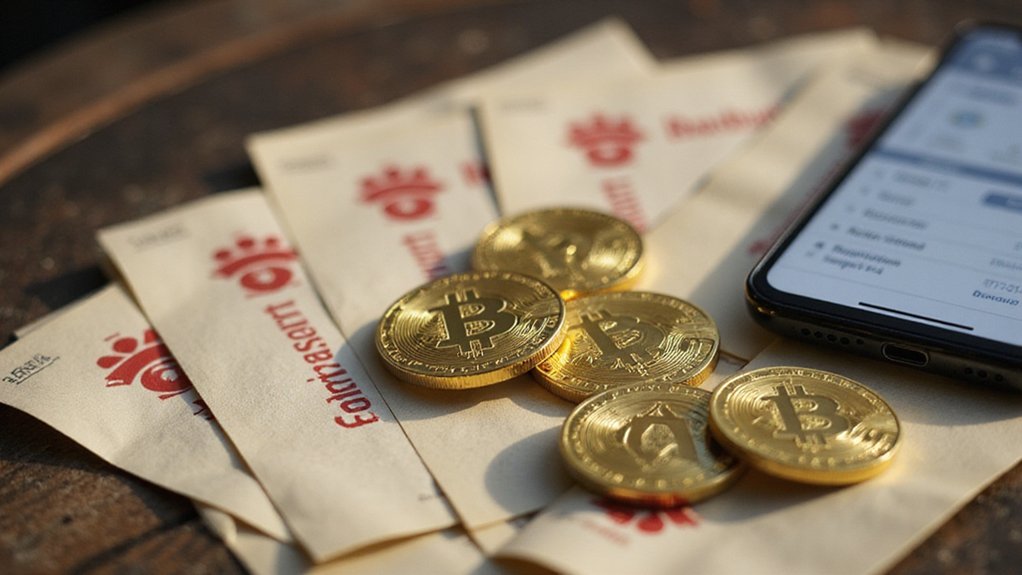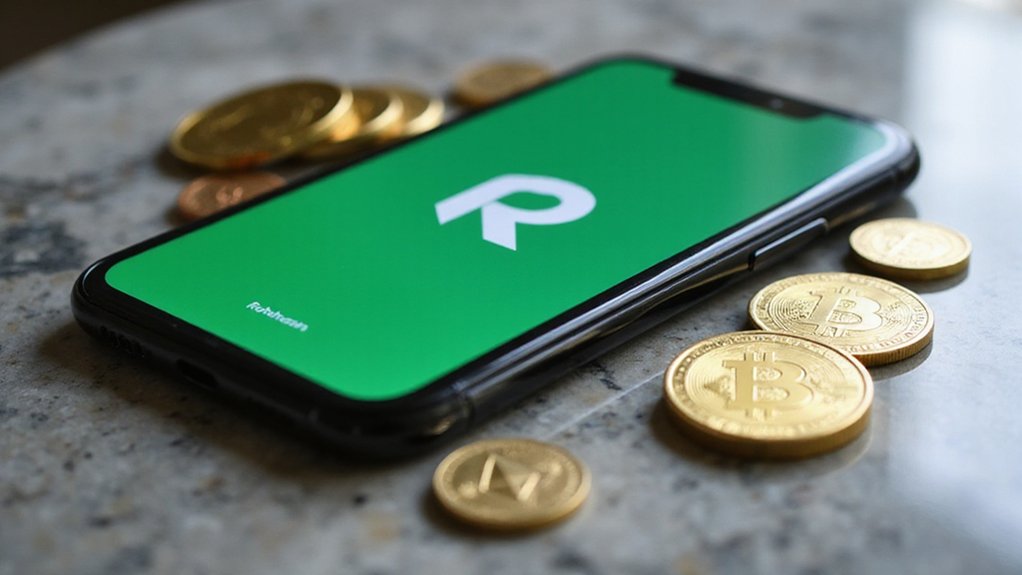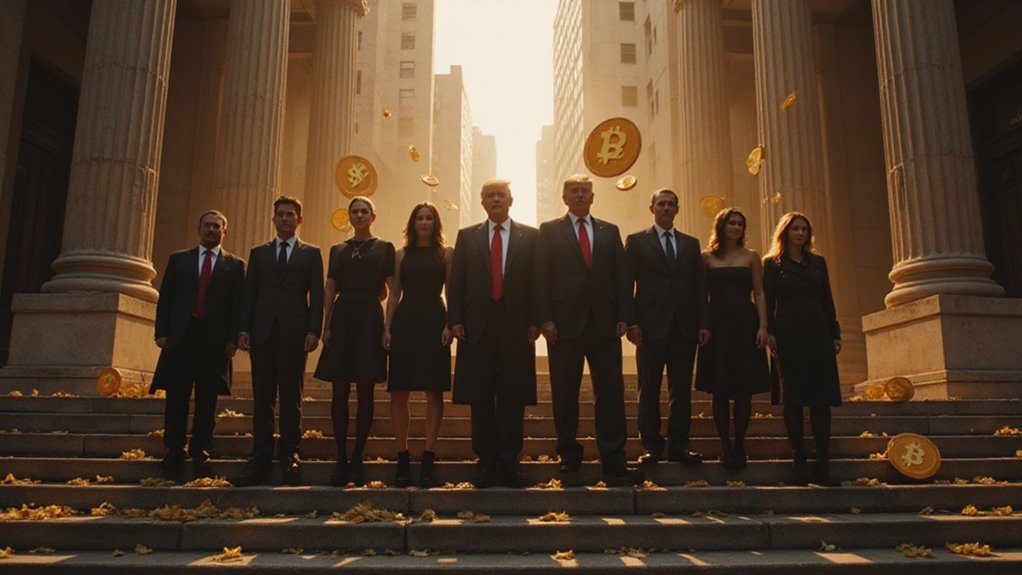After spending the better part of 2023 explaining to their 50 million customers why cryptocurrency was too volatile, too risky, and frankly too unserious for a respectable German savings institution, Sparkassen—the country’s largest retail banking network—has performed what can only be described as a spectacular about-face.
By summer 2026, the same institution that once dismissed Bitcoin as antithetical to traditional banking sensibilities will integrate cryptocurrency trading directly into its ubiquitous mobile application. The irony is palpable: Germany’s most conservative banking network, built on the foundation of risk-averse savings culture, now embraces the very digital assets it previously characterized as speculative excess.
Conservative German banking giant abandons crypto skepticism, embracing the very digital assets it once deemed reckless speculation.
The catalyst for this reversal wasn’t sudden enlightenment but rather pragmatic necessity. Customer demand proved insurmountable—clients persistently requested access to Bitcoin and Ethereum despite management’s philosophical objections. This complete turnaround comes exactly three years after Sparkassen initially rejected the crypto trading proposal.
Meanwhile, competitive pressure from fintech upstarts and progressive traditional banks threatened Sparkassen’s market dominance. When your customers start migrating to competitors offering crypto services, institutional principles become remarkably flexible.
Regulatory clarity provided the convenient justification. The EU’s Markets in Crypto-Assets (MiCA) regulation created a thorough framework that addressed Sparkassen’s compliance concerns, while DekaBank’s crypto custody license under German law offered additional legal safeguards.
Suddenly, the “unregulated Wild West” narrative became untenable.
The technical implementation demonstrates Sparkassen’s commitment to seamless integration. Rather than directing customers to external exchanges—a friction-heavy approach that would acknowledge crypto’s outsider status—the bank will embed trading functionality within its existing app ecosystem. Unlike traditional exchanges that employ tiered fee structures starting at 0.16% for makers, Sparkassen aims to provide more straightforward pricing for their retail customer base. This initiative reflects the broader industry trend toward emerging reality as traditional banks expand their service portfolios to include digital asset offerings.
This strategy eliminates the cognitive dissonance of maintaining separate platforms while capitalizing on Sparkassen’s established user trust.
The broader implications extend beyond Sparkassen’s corporate strategy. When Germany’s most traditional retail banking institution legitimizes cryptocurrency, it signals mainstream acceptance that transcends regulatory compliance.
The bank’s 50 million customers represent a significant demographic that previously lacked institutional crypto access through trusted channels.
This transformation illustrates how market forces ultimately override institutional resistance. Sparkassen’s journey from crypto skeptic to digital asset enabler reflects the broader evolution of European banking—where customer demand, regulatory frameworks, and competitive dynamics converge to reshape even the most conservative financial institutions.









